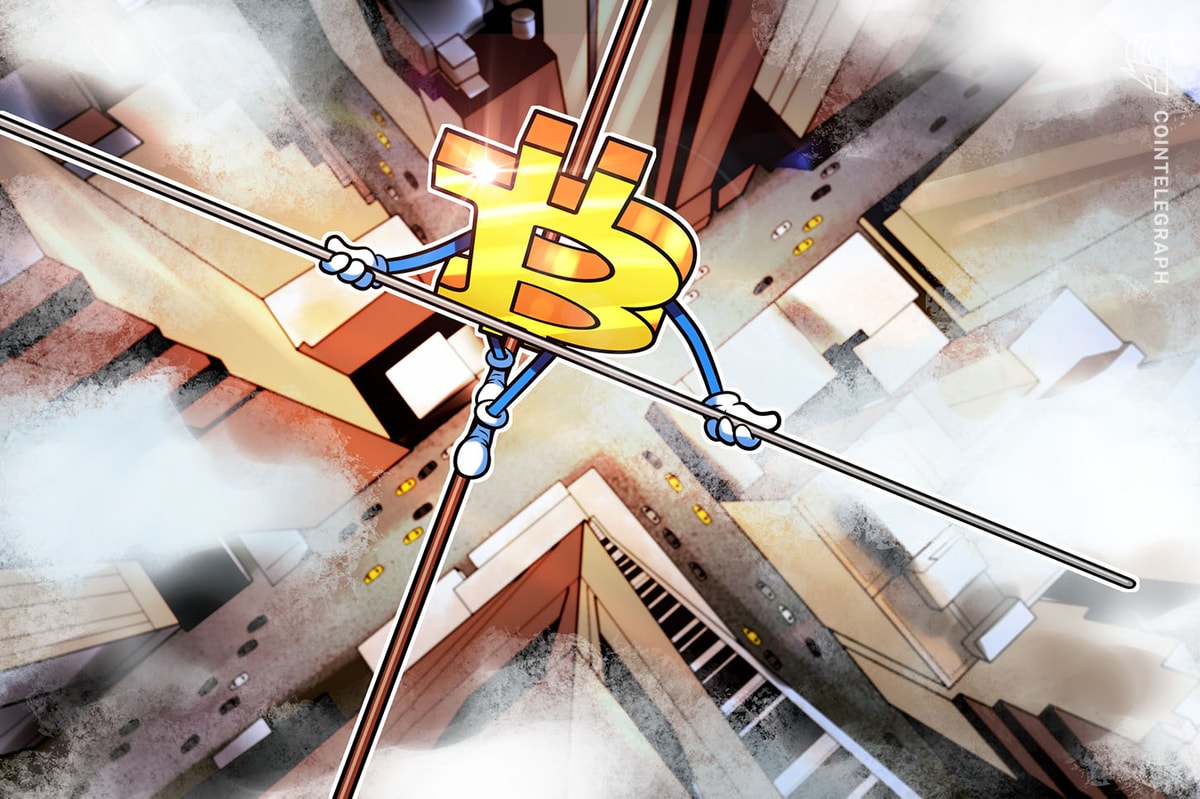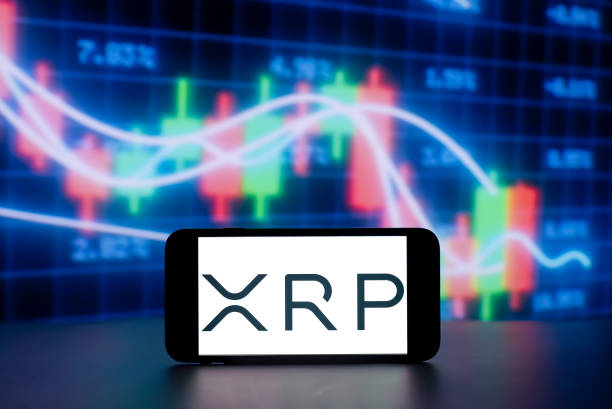Bitcoin (BTC) price dropped 4.1% between Sept. 15 and Sept. 16, falling to $57,595 after being rejected at the $60,000 level. This decline wiped out the gains from Sept. 13, when Bitcoin's price jumped from $57,890 to $60,580 in under ten hours.
Some analysts attribute Bitcoin’s recent gains to the weakening of the US dollar, which coincided with gold reaching an all-time high. Meanwhile, others argue that inflows of $263 million into Bitcoin spot exchange-traded funds (ETFs) and the recent $1.11 billion purchase of BTC by MicroStrategy helped fuel the bullish momentum on Sept. 13.
Bitcoin/USD (right) vs. gold/USD (left). Source: TradingView
Despite these factors, Bitcoin's price has struggled to close above $62,000 for nearly three weeks, causing bullish traders to become more cautious. With the US Federal Reserve expected to ease some of its contractionary monetary policies by cutting interest rates, traders have little incentive to position themselves aggressively before the event.
A 0.50% interest rate cut at the Federal Open Market Committee (FOMC) meeting on Sept. 18 would be favorable for risk-on markets, but investors’ focus on equities could diminish Bitcoin’s momentum. The S&P 500 index is trading just 1% below its all-time high, and large tech companies continue to post strong earnings while sitting on substantial cash reserves, which support stock prices through share buyback programs.
However, if the Fed opts for a more cautious 0.25% interest rate cut, it could have a negative impact on risk-on markets. A higher cost of capital for businesses and consumers could curb hiring and spending, which would hurt corporate earnings and potentially exacerbate challenges in the already struggling commercial real estate market.
Slowing economic growth in China fuels uncertainty
China's economic outlook also remains a concern for investors, and by extension, Bitcoin’s price. Data released on Sept. 14 showed that China's retail sales grew by just 2.1% in August compared to the prior year, a slowdown from the 2.7% growth seen in previous months. Similarly, Chinese industrial production rose by 4.5% in August, down from July's 5.1% year-over-year growth.
Eswar Prasad, professor of international trade and economics at Cornell University, told CNBC that “Both the long term issues related to property prices and so on, and the short term issues related to domestic demand [...] have not been doing well at all.” Prasad cautioned that the outlook for China's economy in the second half of the year is now "pretty close to red."
Thus, in the short term, Bitcoin’s price faces significant risks due to macroeconomic factors. However, one could argue that Bitcoin will eventually recover, as the cryptocurrency functions as an independent financial system and a hedge against potential government actions aimed at stimulating economies through monetary expansion. On the other hand, during times of uncertainty, traders typically seek refuge in short-term US government bonds, gold, and cash.
Related: Bitcoin set for 3-month historic rally as analysts eye $92K BTC
Dormant Bitcoin addresses and rising regulatory risks
Despite positive inflows into spot Bitcoin ETFs and the continued strong demand from MicroStrategy, two recent events have negatively impacted investor sentiment. According to Sani, an onchain analyst and founder of TimeChainIndex, a Bitcoin address that had been dormant for the past nine years moved 211.3 BTC to the Kraken exchange on Sept. 15. The transaction, valued at $12.7 million, suggested selling activity from long-term holders.
1ME7p79GfcyNA6BLLJD546rPztiGTRmcou balance. Source: BitInfoCharts
Additionally, investor sentiment was dampened after the US Securities and Exchange Commission (SEC) intensified its case against Binance by expanding the lawsuit against the crypto exchange. The SEC has now classified tokens like Axie Infinity, Filecoin, and Cosmos as unregistered securities and claims that Binance failed to provide adequate disclosures.
Ultimately, beyond macroeconomic uncertainty, the heightened regulatory risks surrounding the largest crypto exchange have further reduced investors’ appetite for Bitcoin.
This article is for general information purposes and is not intended to be and should not be taken as legal or investment advice. The views, thoughts, and opinions expressed here are the author’s alone and do not necessarily reflect or represent the views and opinions of Cointelegraph.








